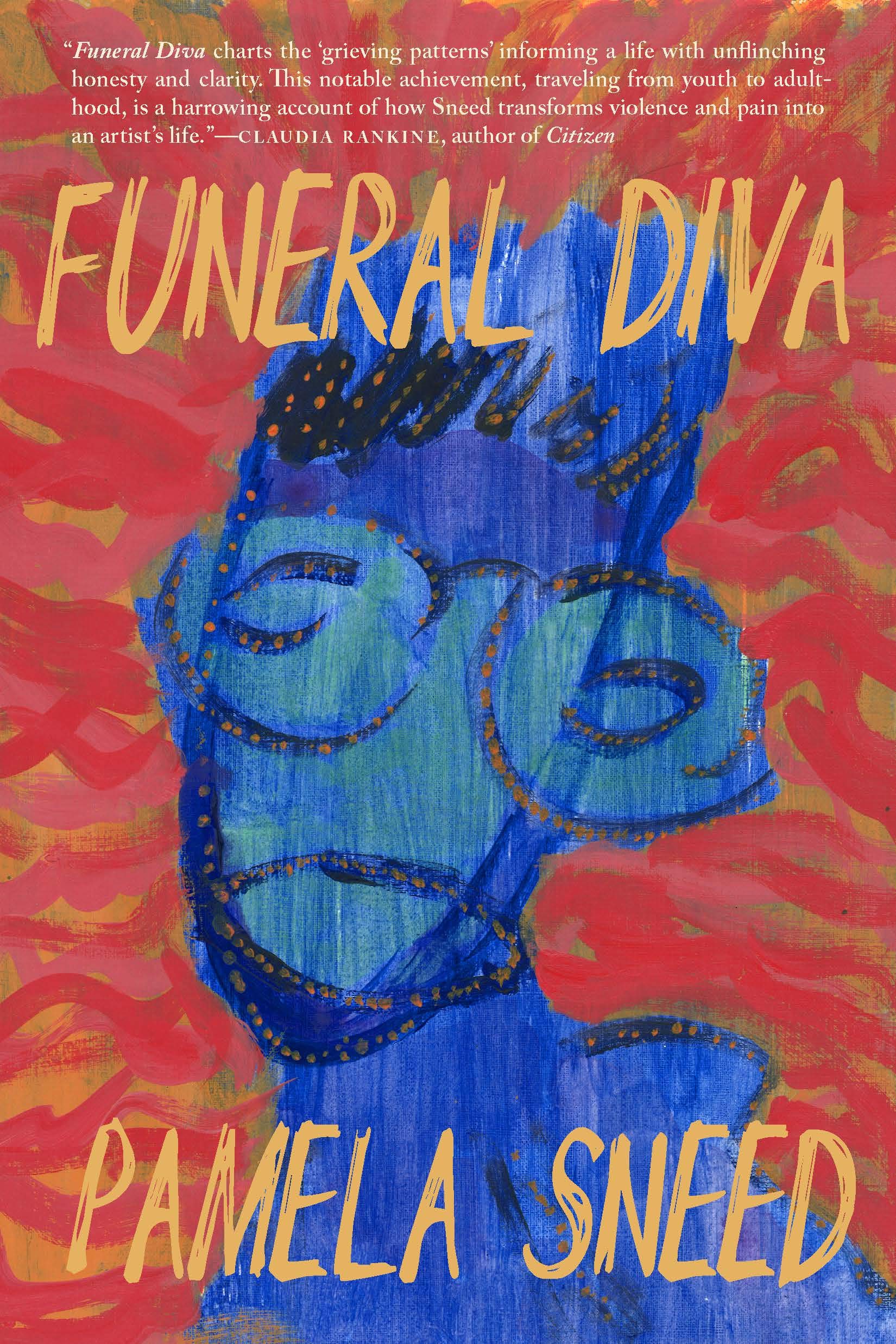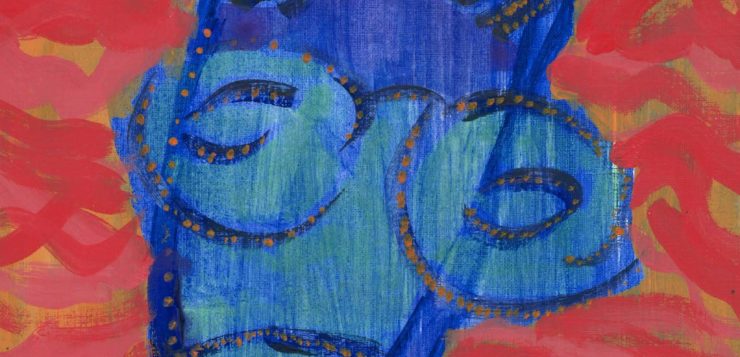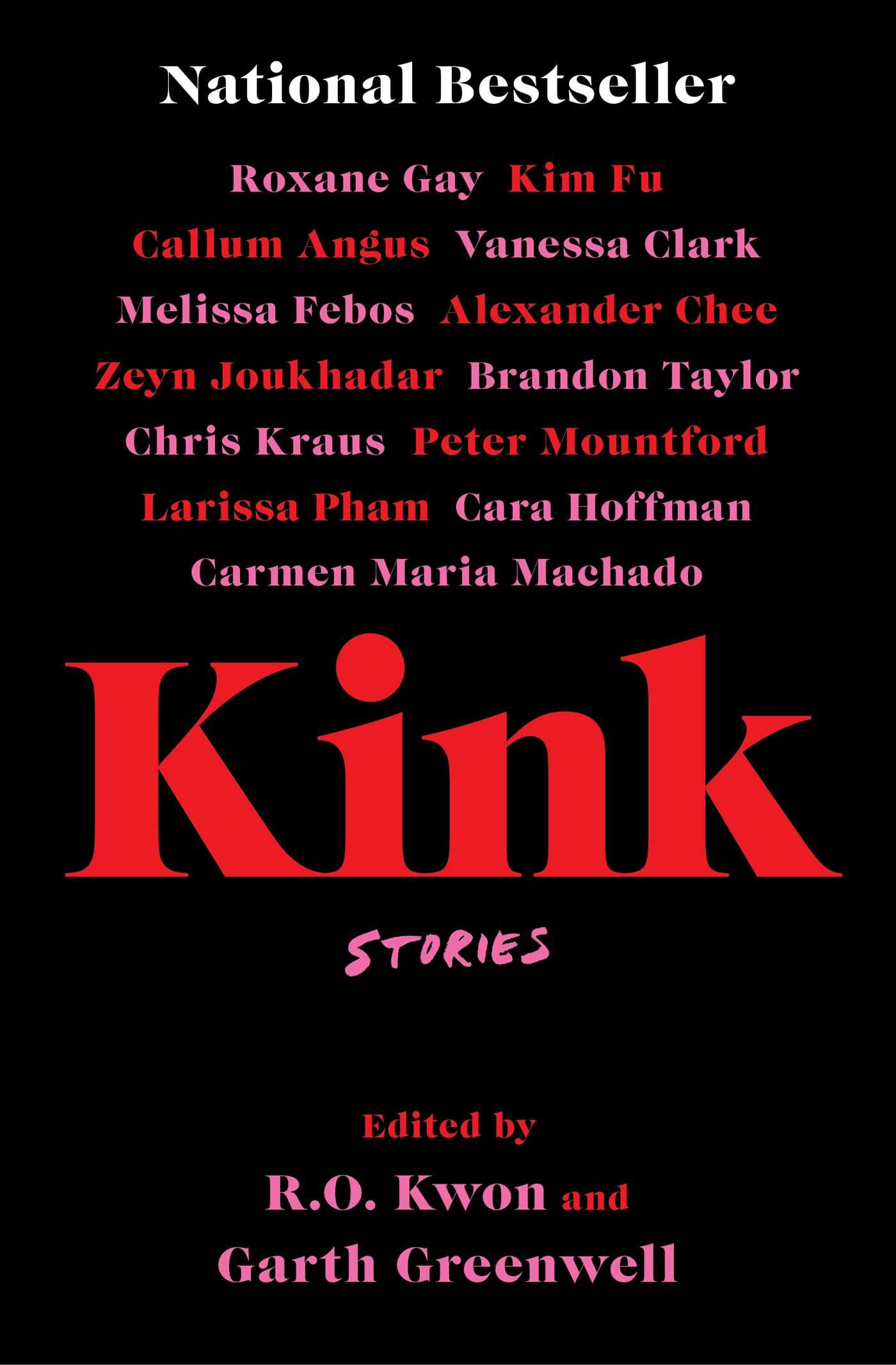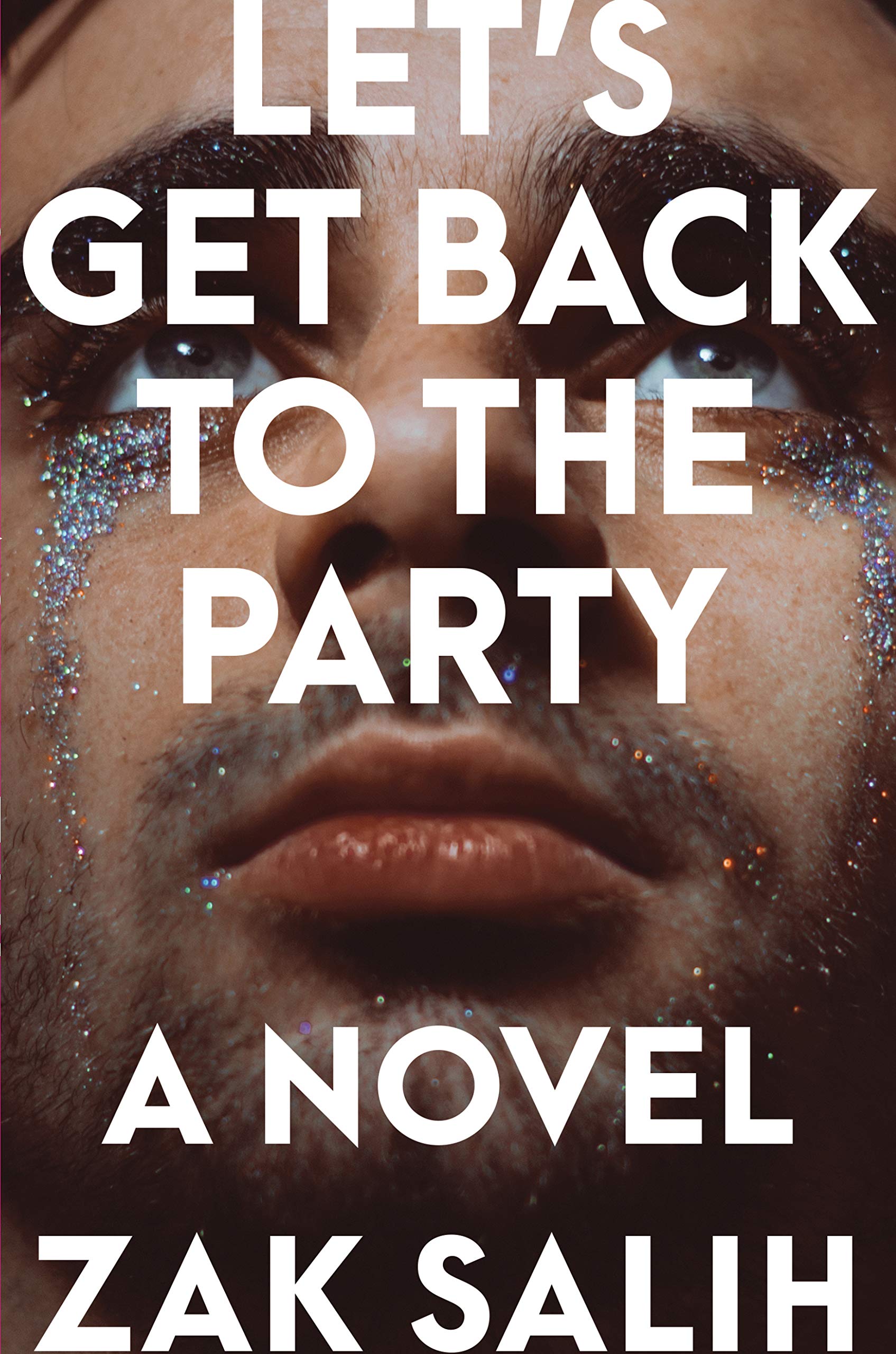This collection brings together established writers and distinctive emerging voices to offer a multivalent view of “kink” in all its complexities, peeling back the many emotional layers of desire and recasting the common narrative that kink is necessarily transgressive. In our culture, the editors write in the introduction, kink is pathologized or, at best, viewed in simplistic ways. In contrast, these stories explore issues of control, trust, communication, power, and others with sensitivity and subtlety.
Brandon Taylor’s story, “Oh, Youth,” reveals the fragility of expectations—what can happen when the terms of a transaction are disturbed by unexpected emotional responses. In Carmen Maria Machado’s “The Lost Performance of the High Priestess of the Temple of Horror,” a darkly fantastical, hallucinatory tale of violence, sexual hunger, and the dizzying malleability of power is set against the backdrop of Paris’ Grand Guignol theater. Chris Kraus’ “Emotional Technologies” inventively intercuts a linear narrative with episodes of philosophical, historical, and theoretical observation to explore the theatricality of sadomasochism: “Like theater or pure math, S/M is a self-generating system large enough to reference everything that it excludes. Romance, desire, context, expectation loop back and forth between us through our roles. … The game is totally complete within itself. Unlike ordinary sex, it is an act, and not a metaphor, of love.” Kink catalogues, by no means exhaustively, the myriad ways we can curate, claim, and reclaim our desires.
Giancarlo Latta
 IF I HAD TWO WINGS: Stories
IF I HAD TWO WINGS: Stories
by Randall Kenan
W. W. Norton. 224 pages, $25.95
Something uncanny follows the characters populating If I Had Two Wings, Randall Kenan’s memorable and smoothly written short story collection. Sadly, any reading of the book is haunted by the fact that Kenan died in late September 2020 at the age of 57, not long after it was published. A writer of both fiction and nonfiction, Kenan’s work often centered on the lives of Black gay men, filled with what might be called Southern magical realism. A finalist for the National Book Critics Circle Award, If I Had Two Wings features ten stories that center on the people of Tims Creek, the mythical area of eastern North Carolina where all of Kenan’s fiction is set.
Some of its inhabitants, like the miracle-working Velmajean Swearington Hoyt, are apparently saints, while others are clearly sinners. The famous also make unexpected appearances in the lives of Tims Creek residents: a retired plumber on vacation gets caught up in a punk rocker’s entourage; a son discovers that his mother was once visited by the reclusive Howard Hughes armed with an unusual proposition. The gay men tend to be preoccupied with the past. In “I Thought I Heard the Shuffle of Angels’ Feet,” an architect returns home after the death of his lover and runs into a friend from high school with whom he had “[o]ne of those dread, hormone-filled, adolescent, penis-driven, oh-so-happy happenstances.” The character of Randall in “Resurrection Hardware or, Lard & Promises” must deal with the echoes of the past inhabiting his newly renovated home in the form of a naked Black man.
Reginald Harris
In his debut novel Let’s Get Back To The Party, Zak Salih tells of how two gay men, Sebastian and Oscar, respond to the legalization of same-sex marriage in the U.S. in 2015. Sebastian, an art history teacher in a suburban Washington, D.C., high school, is recovering from a recent breakup with his boyfriend of three years and wants nothing more than a hearth, home, and husband. Oscar, an advertising and branding manager, yearns instead for the good old days of sexual freedom and shuns commitment. “Everyone’s a victim of marriage fever now,” he complains.
The two were childhood friends who lost touch but reconnect at a gay wedding. Sebastian is hoping that something might develop, but Oscar’s preference for the fast lane presents a problem. The tension between the two men grows, both sexually and emotionally. Both men develop obsessions with two other people. Sebastian becomes consumed with one of his students, Arthur, a seventeen-year-old, who is out and proud. Oscar befriends a man thirty years his senior, a famous author, Sean Stokes, who writes books about gay men in the age of promiscuity.
Told from the perspective of both Oscar and Sebastian, the story moves between the two men and their friends, along with their fixations on Stokes and Arthur. As their relationship comes to a dramatic head, so do their relationships with Stokes and Arthur in a surprising turn of events. Salih has created four vivid and compelling characters and shines a spotlight on the complexities of modern gay life, touching on issues of identity, loneliness, selfishness, and the need for love and companionship.
William Burton
 FUNERAL DIVA
FUNERAL DIVA
by Pamela Sneed
City Lights Books. 160 pages, $16.95
“Because of my stature, writing, outlandish outfits, and flair for the dramatic,” writes Pamela Sneed, “I became a … presence operating throughout the [AIDS] crisis/ as an unofficially titled, ‘funeral diva,’ called for/ at memorials, readings, wakes and funerals to speak/ give testimony and credence to men’s lives.” With a voice at once razor-sharp and lyrical, Sneed organically blends poetry, essay, memoir, and social criticism in pieces that document her artistic origins, her influences (“foremothers” like Audre Lorde), and our current moment in history.
A central theme is the AIDS crisis’ impact on Black life and art, and in particular on the literature of the 1980s and ’90s. The brilliant title poem pays tribute to the “little boys with baby faces and death sentences”—the poet Donald Woods, who died of AIDS in 1992, among many others—who had “just begun to articulate … ideas and desires/ that never in the world’s history been spoken.” Sneed also considers what it means to be a Black woman living and claiming space in a world of unending violence and profound loss—a world of mass white indifference to Black deaths. She writes of “the repercussions of … making myself/ visible,” but reaffirms that occupying artistic space is an act of resistance: “As Black gay people we couldn’t afford to get arrested so we wrote/ performed and sang revolution.” Funeral Diva is a powerful reflection on the early AIDS era, a testament to both the healing and subversive powers of art.
Giancarlo Latta








